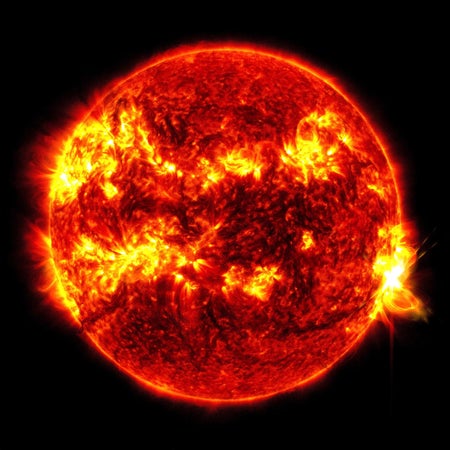
Sun Erupts with Largest Flare of This Solar Cycle, but Auroras Unlikely to Follow
The same massive sunspot cluster that gave Earth multiple nights of stunning aurora displays has now produced the largest flare of the current solar cycle
Meghan Bartels is a science journalist based in New York City. She joined Scientific American in 2023 and is now a senior news reporter. Previously, she spent more than four years as a writer and editor at Space.com, as well as nearly a year as a science reporter at Newsweek, where she focused on space and Earth science. Her writing has also appeared in Audubon, Nautilus, Astronomy and Smithsonian, among other publications. She attended Georgetown University and earned a master's in journalism at New York University's Science, Health and Environmental Reporting Program.

Sun Erupts with Largest Flare of This Solar Cycle, but Auroras Unlikely to Follow
The same massive sunspot cluster that gave Earth multiple nights of stunning aurora displays has now produced the largest flare of the current solar cycle
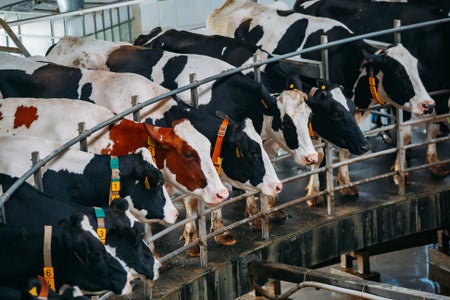
How Bird Flu Caught the Dairy Industry Off Guard
Understanding how avian influenza jumped into cows can help shape the path to stopping the virus’s spread

Abortion Restrictions Are Spreading, even though Science Shows They’re Harmful
“We should not make it harder for people to access abortion,” says a researcher who has studied the impacts on people who seek the procedure and are denied
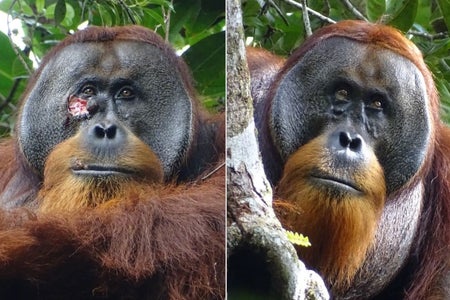
Wild Orangutan Uses Herbal Medicine to Treat His Wound
Researchers say this may be the first observation of a nonhuman animal purposefully treating a wound with a medicinal plant
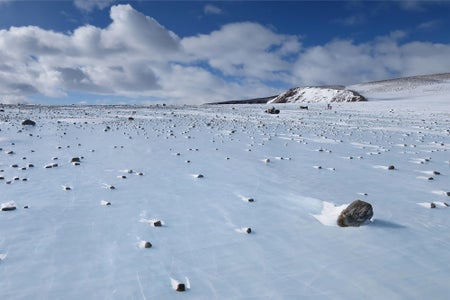
Meteorites in Antarctica Are Getting Harder to Find because of Climate Change
As climate change warms the poles, precious Antarctic meteorites will melt their way down out of scientists’ reach
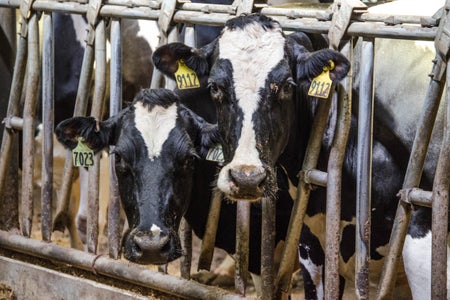
U.S. Needs to Better Track Bird Flu Spread in Farm Animals, Farm Workers, Epidemiologist Says
Four years after a mysterious respiratory virus jumped from animals into humans and launched the COVID pandemic, wary epidemiologists are keeping a close eye on a strain of avian influenza that is spreading among U.S. dairy cows

Corals Are Once Again Bleaching En Masse, but Their Fate Isn’t Sealed
Amid Earth’s fourth global coral bleaching event, a leading expert says tackling climate change is the key to fighting back.
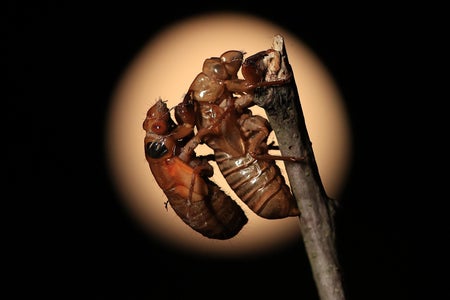
Can You Eat Cicadas? Can Your Dog Do So?
Here’s what a chef, a vet and two anthropologists have to say about eating periodical cicadas
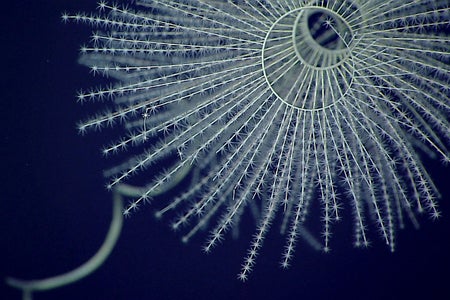
Glow-in-the-Dark Animals May Have Been Around for 540 Million Years
Ancestors of so-called soft corals may have developed bioluminescence in the earliest days of deep-ocean living

After Months of Gibberish, Voyager 1 Is Communicating Well Again
NASA scientists spent months coaxing the 46-year-old Voyager 1 spacecraft back into healthy communication

Why Seasonal Allergies Are So Miserable
Plants are just trying to reproduce; immune systems are just trying to keep us safe

Earth’s Coral Reefs Face a New, Deadly Mass Bleaching. They Can Still Be Saved
“A mass bleaching event is, by definition, a mass mortality event,” a leading coral reef expert says
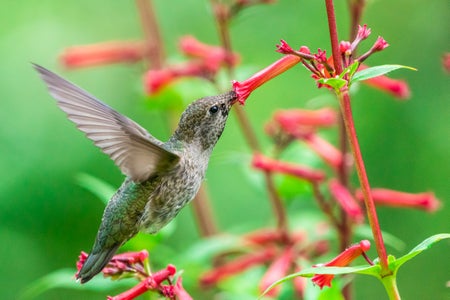
8 Ways to Protect Wildlife Near Your Home
However much outdoor space you have, here’s how to use it for conservation
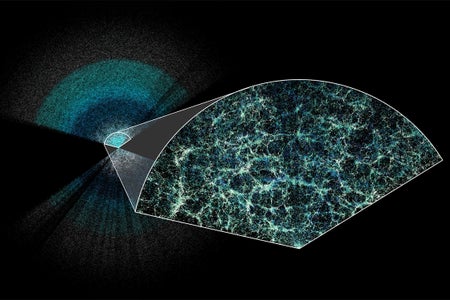
Massive Cosmic Map Suggests Dark Energy Is Even Weirder Than We Thought
In just one year of observations, a program that is creating the largest 3D map of the universe to date has sniffed out hints that dark energy may be stranger than scientists supposed
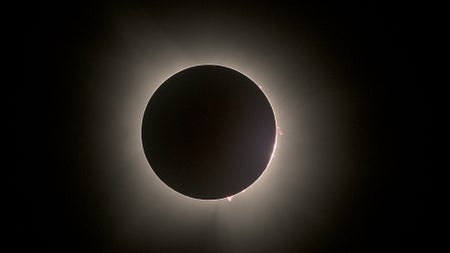
What Were the Red Dots around the Total Solar Eclipse?
During the total solar eclipse, skywatchers saw ruby-colored prominences sticking out of the moon's shadow. Here's the science of those red dots

See Stunning Images Captured by Scientific American Staff during the Solar Eclipse
Scientific American staffers headed to locations ranging from Texas to Vermont to try to catch a glimpse of the total solar eclipse
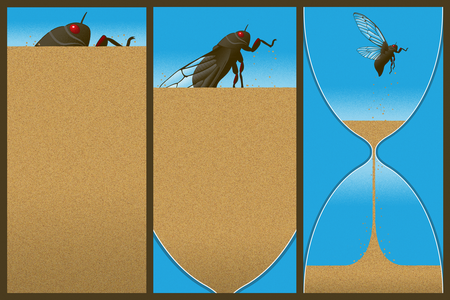
Periodical Cicadas Emerge Every 13 or 17 Years. How Do They Keep Track of Time?
Periodical cicadas have a clever hack to help them figure out when to emerge after more than a decade underground
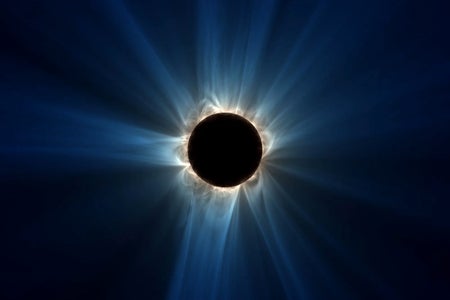
Solar Eclipse Will Reveal Stunning Corona, Scientists Predict
Predicting what the sun will look like during a total solar eclipse is a helpful exercise for scientists in the long quest to understand how our star works
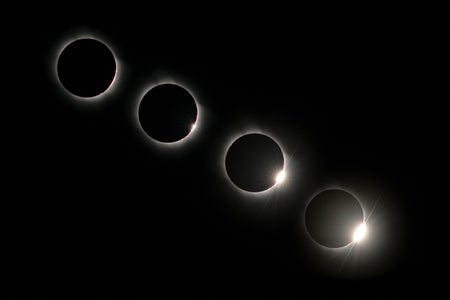
Watch the Total Solar Eclipse Live Online with Scientific American
Celebrate the April 8 total solar eclipse with these livestreams from NASA, the NSF, Scientific American, and more
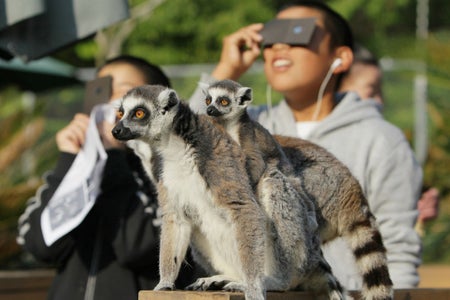
How Do Animals Respond to a Total Solar Eclipse?
Scientists are finally getting their hands on enough data to begin to understand how animals react to a total solar eclipse
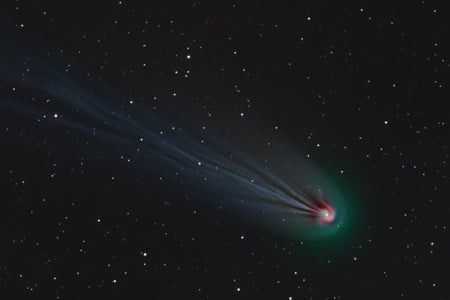
Stunning Comet Spiral Offers Glimpse of Icy Snowball at Its Core
Comet 12P/Pons-Brooks is hiding a strange spiral in its icy heart—and it may tell scientists about the comet’s innards
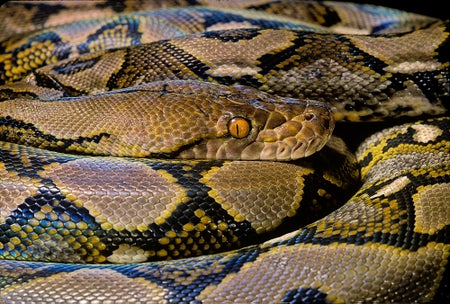
Snake Steak Could Be a Climate-Friendly Source of Protein
Pythons turn their food into meat pretty efficiently, a study finds, making them an intriguing alternative to climate-unfriendly cows
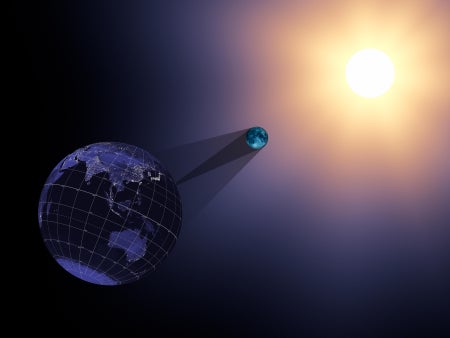
Total Solar Eclipses Are Cosmic Coincidences That Won’t Last Forever
Earthlings are very lucky to see the spectacle of a total solar eclipse
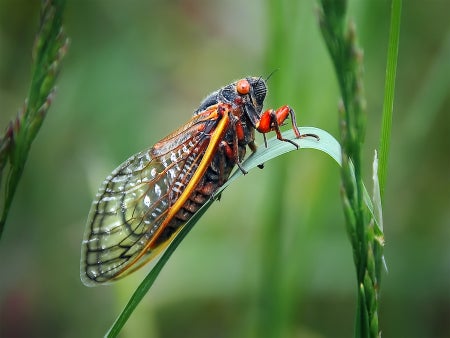
A Double Emergence of Periodical Cicadas Isn’t Cicada-geddon—It’s a Marvel
The U.S. will see two adjacent broods of periodical cicadas emerge this spring